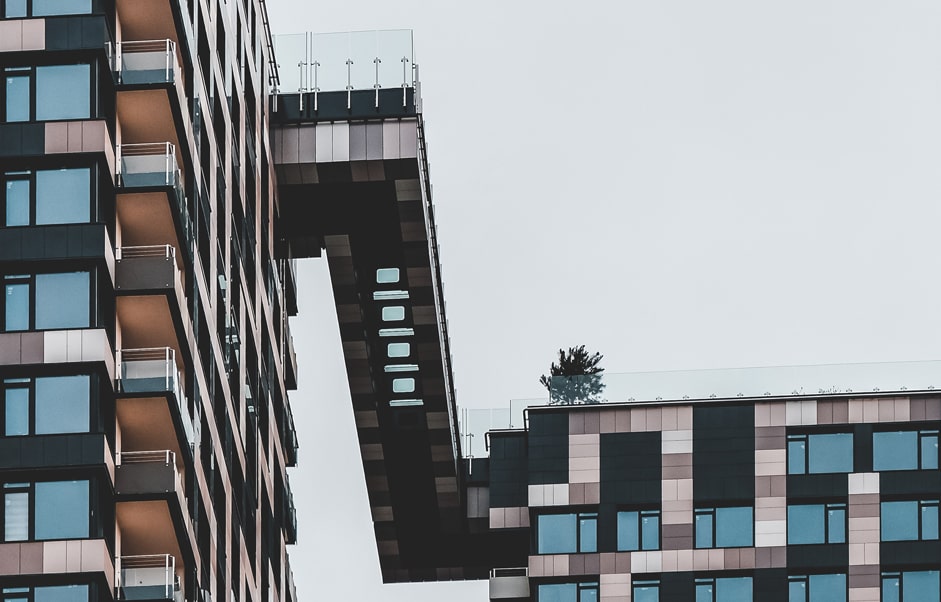
Cladding complications Causing issues for Apartment owners
For many, the crisis in 2017 that saw cladding on the outside of Grenfell Tower, a high-rise apartment block in West London, catch fire causing 72 deaths feels like a distant memory. Yet nearly four years later, we are still in the midst of a cladding crisis.
It’s been almost four years since the disaster, and a lot’s changed in the construction industry, but the repercussions are still being felt by many high-rise residents.
Unsuitable cladding and many other fire safety issues for flats in hire-rise buildings could affect around 1.5 million owners in the UK. Those 1.5 million people are currently living in completely unsafe apartments without any kind of reassurance that another situation like Grenfell couldn’t happen again.
Flats in London have been left ‘unsellable’ due to the cladding crisis that continues to threaten the stability of the property market with lenders refusing to authorise mortgages to properties without the very highest level of safety sign-off.
This situation isn’t specific to the ACM type of cladding that surrounded Grenfell; even new-builds with non-ACM cladding are in the same situation with lenders until they have been tested and deemed safe by a qualified professional.
Mortgage issues
As we know, the government has agreed to fund the replacement of unsafe ACM cladding on private residential buildings 18 metres or over. However, buildings with unsafe non-ACM cladding or those measuring less than 18 metres tall are still left without guidelines or plans, whether they are safe or not!
The BBC has reported that many owners of apartments in affected buildings are “imprisoned” due to non-certified safety sign-offs.
Sellers have even reported that though they have accepted an offer on their property, their prospective new buyer hasn’t been able to get a mortgage for it, which leaves both parties with nowhere to turn.
Should buyers be put off new-builds?
Since the Grenfell disaster, most developers have become heavily stringent with their building materials on new-builds. The safety of homes and subsequent residents has never been more critical, and many builders are taking steps to ensure that their buildings meet the highest level of safety.
All new-build homes are now banned from using combustible materials. With the government now considering reducing the 18m height threshold to 11m, most developers are ensuring their projects are safe.
Provided the developer is a reputable one, homeowners and investors alike shouldn’t necessarily be put off investing in new-builds. There are huge numbers of city centre apartment blocks currently under construction to meet the needs of the residential market. Developers should now be taking extra steps to ensure that all their properties are safe for residents.
There is understandably some serious concern from buyers when deciding to invest in new-build apartments. The prospect of moving into a new-build only to then face a costly cladding cost is unattractive to say the least.
As a result, official data revealed that UK flat sales have more than halved highlighting just how the uncertainty over construction safety affects the property industry. According to Land Registry figures, flat transactions fell by 1.6 billion in September.
If you’d like more advice on your responsibilities as a landlord, feel free to contact us to get our expert advice. We have many case studies on the Sophic Property blog highlighting how we can help our customers.
